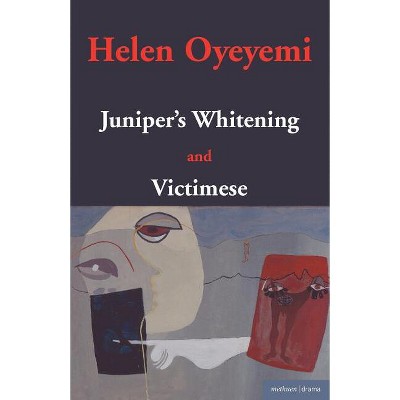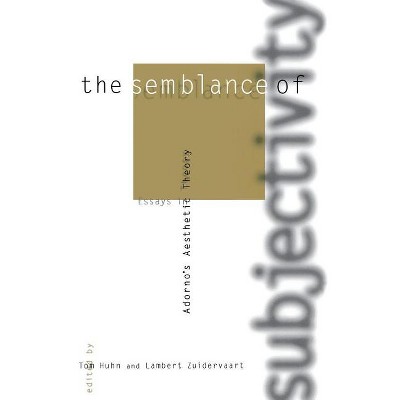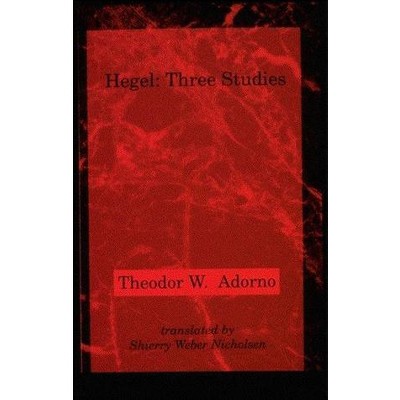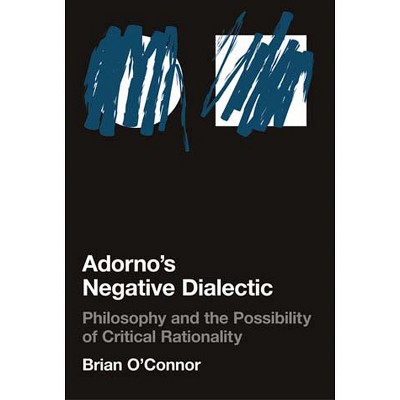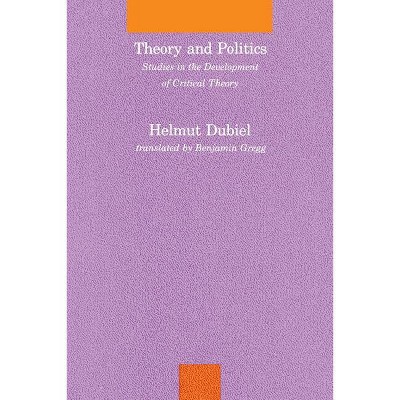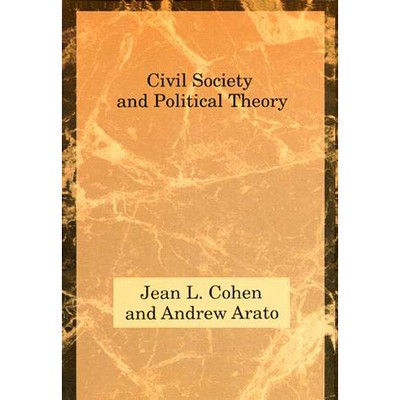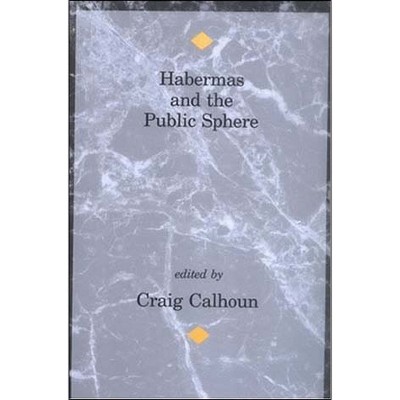Sponsored

Adorno's Aesthetic Theory - (Studies in Contemporary German Social Thought) by Lambert Zuidervaart (Paperback)
In Stock
Sponsored
About this item
Highlights
- This is the first book to put Aesthetic Theory into context and outline the main ideas and relevant debates, offering readers a valuable guide through this huge, difficult, but revelatory work.Theodor Adorno's Aesthetic Theory is a vast labyrinth that anyone interested in modern aesthetic theory must at some time enter.
- About the Author: Noah Wardrip-Fruin is Assistant Professor in the Computer Science Department at the University of California, Santa Cruz.
- 416 Pages
- Philosophy, General
- Series Name: Studies in Contemporary German Social Thought
Description
About the Book
This is the first book to put Aesthetic Theory into context and outline the main ideas and relevant debates, offering readers a valuable guide through this huge, difficult, but revelatory work.Book Synopsis
This is the first book to put Aesthetic Theory into context and outline the main ideas and relevant debates, offering readers a valuable guide through this huge, difficult, but revelatory work.Theodor Adorno's Aesthetic Theory is a vast labyrinth that anyone interested in modern aesthetic theory must at some time enter. Because of his immense difficulty of the same order as Derrida - Adorno's reception has been slowed by the lack of a comprehensive and comprehensible account of the intentions of his aesthetics. This is the first book to put Aesthetic Theory into context and outline the main ideas and relevant debates, offering readers a valuable guide through this huge, difficult, but revelatory work. Its extended argument is that, despite Adorno's assumptions of autonomism, cognitivism, and aesthetic modernism, his idea of artistic truth content offers crucial insights for contemporary philosophical aesthetics.The eleven chapters are divided into three parts: Context, Content, and Critique. The first part offers a brief biography, describes Adorno's debates with Benjamin, Brecht, and Lukács, and outlines his philosophical program. The second part is an interpretation of Adorno's aesthetics, examining how he situates art in society, production, politics, and history and uncovering the social, political, and historical dimensions of his idea of artistic truth. The third part evaluates Adorno's contribution by confronting it with the critiques of Peter Bürger, Frederic Jameson, and Albrecht Wellmer.
Review Quotes
"This is a rich and generous book. The wealth of information on twentieth century European debates in aesthetics and cultural criticism is more than matched by the complexity and subtlety of the interpretation of Adorno's aesthetics."--Thomas Huhn, "The Journal of Aesthetics and Art Criticism"
"Zuidervaart makes helpful comparisons between Adorno's thought and that of Benjamin and Lukacs and illuminates very clearly the decisive Kantian and, especially, Hegelian elements in Adorno's complex ensemble of concepts.... In all, this is a book that does considerable justice to the subtlety and sheer range of Adorno's thought."--Nicholas Walker, "Times Higher Education Supplement"
" This is a rich and generous book. The wealth of information on twentieth century European debates in aesthetics and cultural criticism is more than matched by the complexity and subtlety of the interpretation of Adorno's aesthetics." -- Thomas Huhn, The Journal of Aesthetics and Art Criticism
" Zuidervaart makes helpful comparisons between Adorno's thought and that of Benjamin and Luk& aacute; cs and illuminates very clearly the decisive Kantian and, especially, Hegelian elements in Adorno's complex ensemble of concepts.... In all, this is a book that does considerable justice to the subtlety and sheer range of Adorno's thought." -- Nicholas Walker, Times Higher Education Supplement
" This is a rich and generous book. The wealth of information on twentieth century European debates in aesthetics and cultural criticism is more than matched by the complexity and subtlety of the interpretation of Adorno's aesthetics." --Thomas Huhn, "The Journal of Aesthetics and Art Criticism"
" Zuidervaart makes helpful comparisons between Adorno's thought and that of Benjamin and Luká cs and illuminates very clearly the decisive Kantian and, especially, Hegelian elements in Adorno's complex ensemble of concepts.... In all, this is a book that does considerable justice to the subtlety and sheer range of Adorno's thought." --Nicholas Walker, "Times Higher Education Supplement"
--Thomas Huhn, "The Journal of Aesthetics and Art Criticism"
About the Author
Noah Wardrip-Fruin is Assistant Professor in the Computer Science Department at the University of California, Santa Cruz. He is the coeditor of four collections published by the MIT Press: with Nick Montfort, The New Media Reader (2003); with Pat Harrigan, First Person: New Media as Story, Performance, and Game (2003), Second Person: Role-Playing and Story in Games and Playable Media (2007), and Third Person: Authoring and Exploring Vast Narratives (2009). He is the author of Expressive Processing, published by the MIT Press in 2009.
Shipping details
Return details
Trending Philosophy






